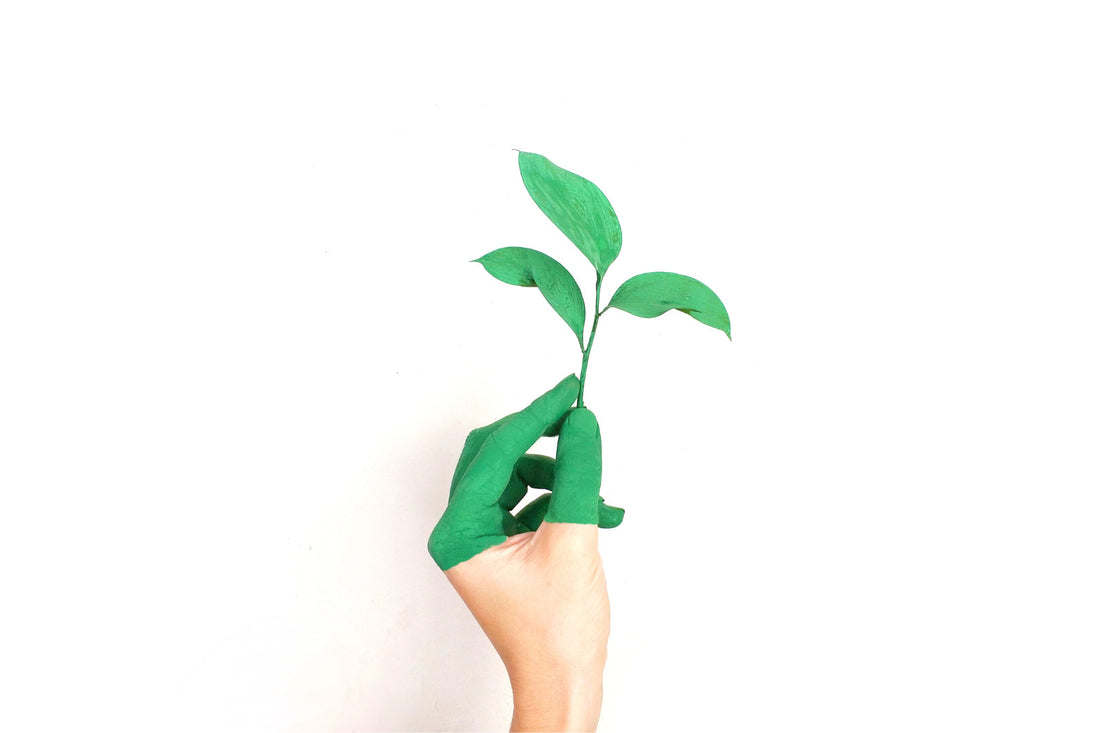From our point of view, sustainability is not a competition. It's a wrong focus if you want to be the most sustainable person or company. There's something narcissistic and selfish about it, when you put yourself and your achievements in the foreground instead of sustainability. And of course it gives the impression of doing the right thing for the wrong reasons. Sustainability, if you look at it as a philosophy, does not put the individual or a collective in the foreground, but a meaningful future, which of course still includes every living being equally. The focus is not the I or the we, but everything at the same time.
This may all sound very aesthetic. In everyday life, however, it is still the case that sustainability unfortunately represents a competitive advantage. Unfortunately, because it means that sustainable action is still something special and honorable today. This means that there are many people and companies who do not care about sustainability for various reasons. This makes anyone trying to do objective good appear better, sometimes even morally superior. That would be funny if it wasn't so sad.
There is a certain irony in the fact that you can be celebrated for it and receive special recognition for it if you don't behave selfishly. Of course, doing the wrong thing is usually easier, the right way is usually more complex and time-consuming. Some might even see it as a waste of time to do something that takes longer and requires more brain power than the first, easiest thing to do. But why? We all have limited time on this planet, which doesn't make Person X or Company Y's time any more valuable than anyone else's. We should learn to use common sense even when it's less or no fun. After all, sustainability is not a form of entertainment, although it can bring a lot of joy.
It seems there is a very long way to go if we are to one day get to a point where sustainability is the norm and not its absence, which is the case today. A lack of sustainability is always automatically ruthlessness. This is by no means meant to be judgemental, it is much more in the nature of these terms: if I act sustainably, then I reflect on the consequences of my actions and choose the objectively best possible. If I don't pay attention to sustainability and just do what I want, possibly even (only) with my own benefit in mind, then I, consciously or unconsciously, have little or no consideration for anything else.
Of course, these are all "just" thoughts in the first step. But this is exactly where sustainability begins: when you start to question the causality of your actions, take a look at the overall situation and try to find an answer to what would happen if we all always did the right thing. And since sustainability is unfortunately still an advantage, a special feature, this means that a lot still has to change. Times like this need role models, big and small. True change only works together, but someone has to dare to take the first steps. Fortunately, there are more and more actors of all kinds on our planet who have understood this and are setting a good example. Here we see each other, we try to be part of all these steps and to make our contribution at any time. And as long as it is not normal, we will point out sustainability. After all, acting sustainably is easier than having to deal with the consequences of unsustainable action.










